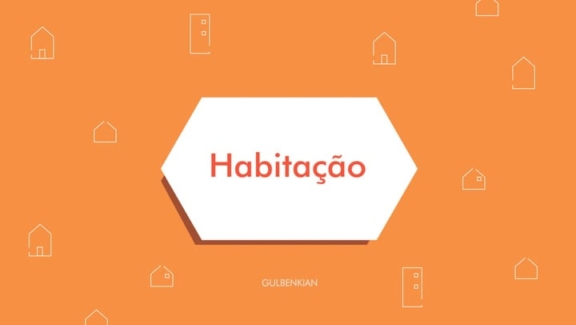Housing
The analysis of the evolution of the access to house ownership in Portugal, reveals a challenging scenario for the most recent generations.
We conducted a study with the aim of answering the following questions:
How has access to home ownership evolved in Portugal? Are there inequalities between generations? What social risks do they represent?
The average annual expenditure of households with housing more than doubled within 26 years
Conversely, public housing expenditure decreased by almost half between 1995 and 2017.
The percentage of young people up to 29 years old who own their own home has been decreasing dramatically since the beginning of the century.
It is estimated that, in 2017, only ¼ were home owners.
The percentage of young adults (18-34) living with their parents has been increasing steadily. In 2018, it had already reached 64%.
Unlike previous generations, Millennials have a low percentage of homeowners with mortgages before age 30.
However, when surveyed, 88% stated that they would like to live in their own home within 5 to 9 years*
(*Source: Century 21, 2019 – II Observatório do Mercado da Habitação em Portugal)
Younger households have seen a net wealth reduction of over 50% since 2010.
In 2018, 55% of home loans were held by people who would only finish paying them after the legal retirement age.
Study authored by Romana Xerez, Elvira Pereira and Francielli Dalprá Cardoso, from the Center for Administration and Public Policies of the Higher Institute of Social and Political Sciences of the University of Lisbon.
The analysis was carried out using the 1970-2011 Census, Pordata, Eurostat, Statistics Portugal and microdata from the 2011 and 2017 Survey on Income and Living Conditions (EU-SILC).
